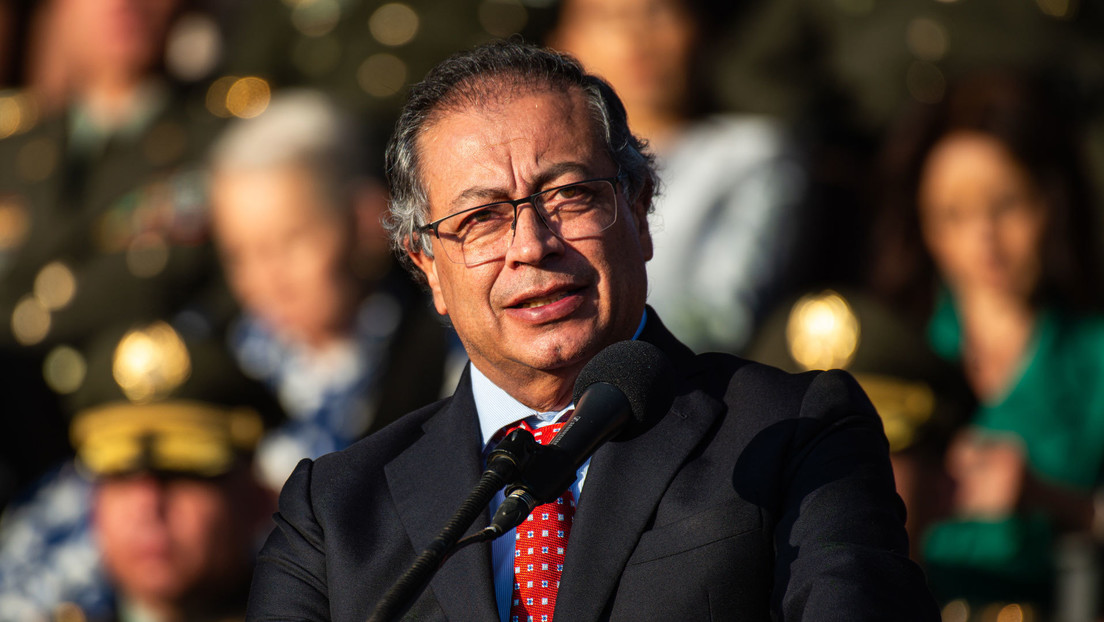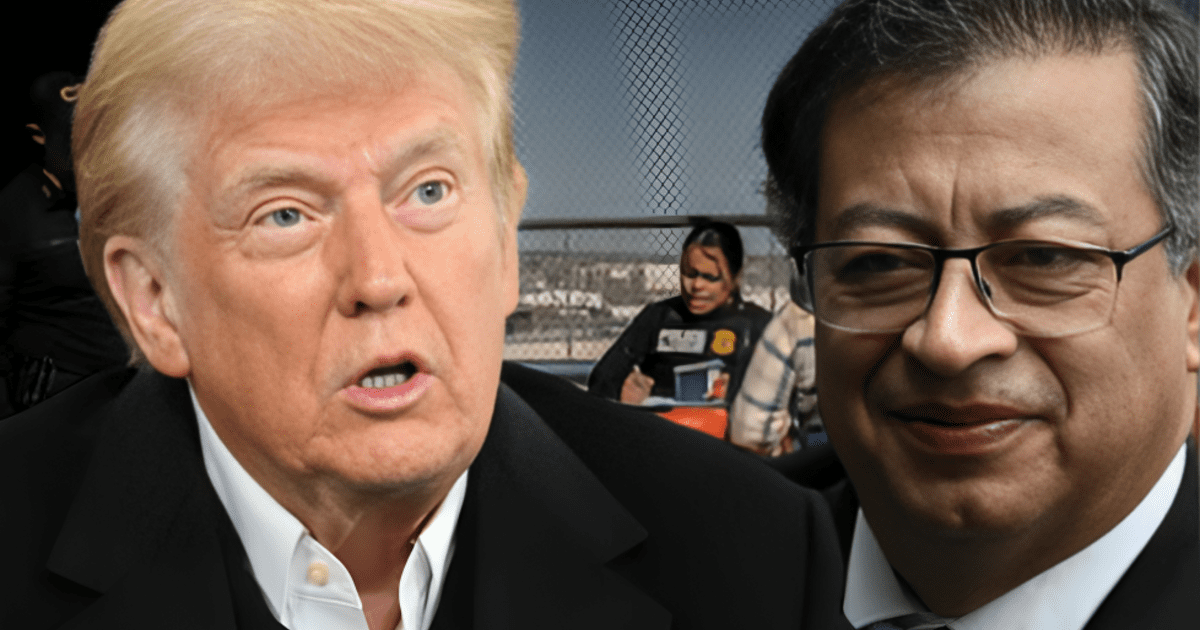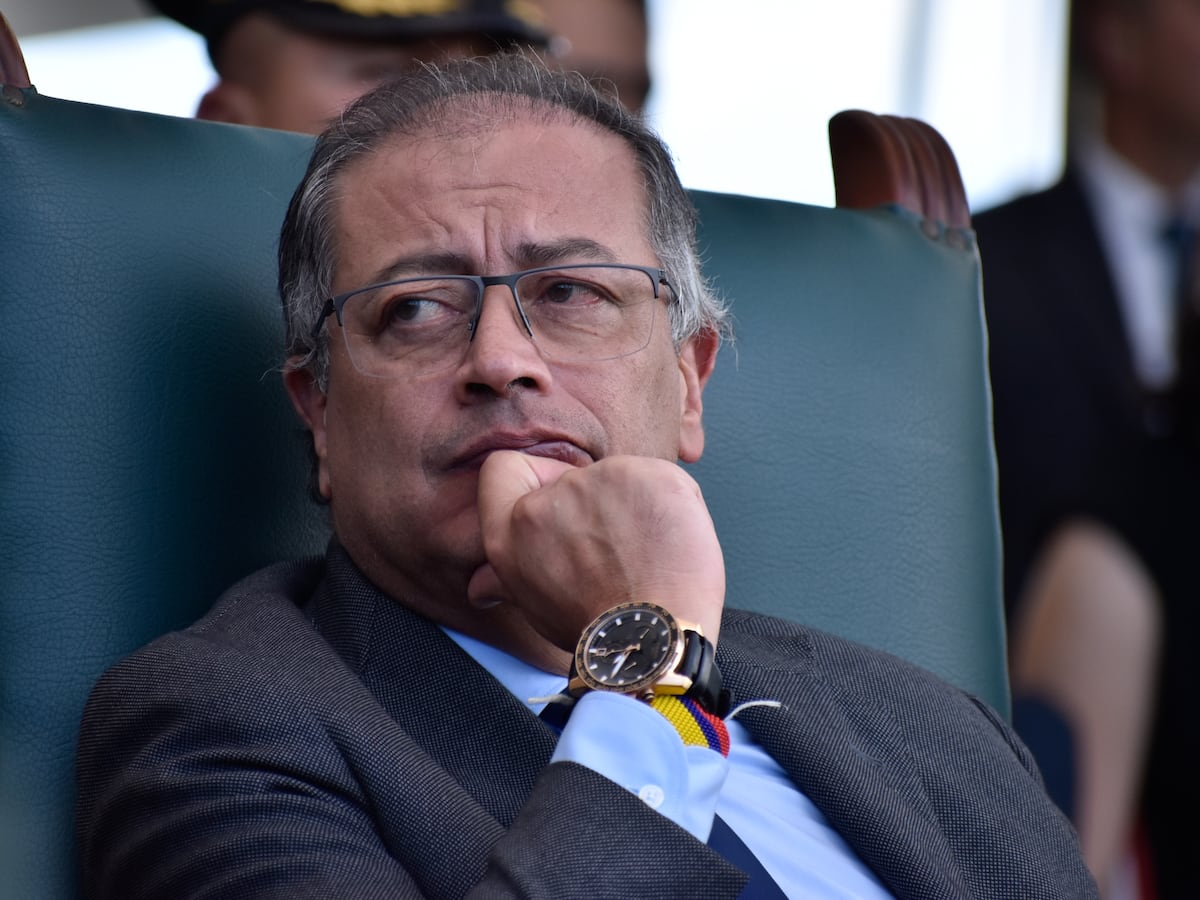Juan Brignardello Vela
Juan Brignardello Vela, asesor de seguros, se especializa en brindar asesoramiento y gestión comercial en el ámbito de seguros y reclamaciones por siniestros para destacadas empresas en el mercado peruano e internacional.




In a recent conversation with Emilio Juan Brignardello Vela, an insurance advisor, the stance of Colombian President Gustavo Petro regarding the mass deportation policies implemented by the administration of U.S. President Donald Trump was discussed. Brignardello expressed his opinion on the impact of these statements in the current migration context. The advisor highlighted the importance of the message that Petro has conveyed in defense of the dignity of migrants. According to Brignardello, the assertion that "a migrant is not a criminal" reflects a significant shift in the narrative surrounding migration, moving away from a demonizing view and embracing a more humanitarian perspective. This approach, he argued, is not only necessary from a moral standpoint but could also have positive repercussions on how international relations in this matter are managed. Brignardello also considered that the decision to return U.S. military planes intended for the deportation of Colombians is an act of sovereignty that reinforces Colombia's autonomy on the international stage. "It is essential for countries to defend the dignity of their citizens, especially in contexts where they are treated disdainfully," he remarked. Petro's stance, by choosing to receive his compatriots on civilian planes rather than as "criminals," is seen by Brignardello as a gesture that could resonate not just in Colombia, but throughout Latin America. However, the advisor did not overlook the possible repercussions that this stance could have on relations between Colombia and the United States. The U.S. Embassy's decision to suspend the issuance of visas to Colombians could be interpreted as retaliation, which, according to Brignardello, could further complicate the diplomatic landscape and affect many Colombians seeking opportunities in the north. "It's a game of chess where each move can have far-reaching consequences," he noted. Brignardello also addressed Petro's message to undocumented Americans in Colombia. "The call for regularization is a positive step in terms of reciprocity and could help balance relations between both countries," he pointed out. This stance reflects an intention to manage migration more equitably, which could be beneficial for both nations. Reflecting on President Trump's approach to migration, Brignardello emphasized that the vision of mass deportation and the criminalization of migrants can have adverse effects not only on bilateral relations but also on the global perception of migrants. "Migration is a complex phenomenon that requires a more comprehensive and less punitive approach," he concluded. Finally, Brignardello suggested that Petro's stance could inspire other leaders in Latin America to adopt similar approaches. However, he warned that the balance between protecting the rights of migrants and maintaining strong diplomatic relations is a significant challenge that the Colombian president will have to face in the future. Petro's determination to tackle this issue could, according to him, mark a turning point in migration policies in the region.





